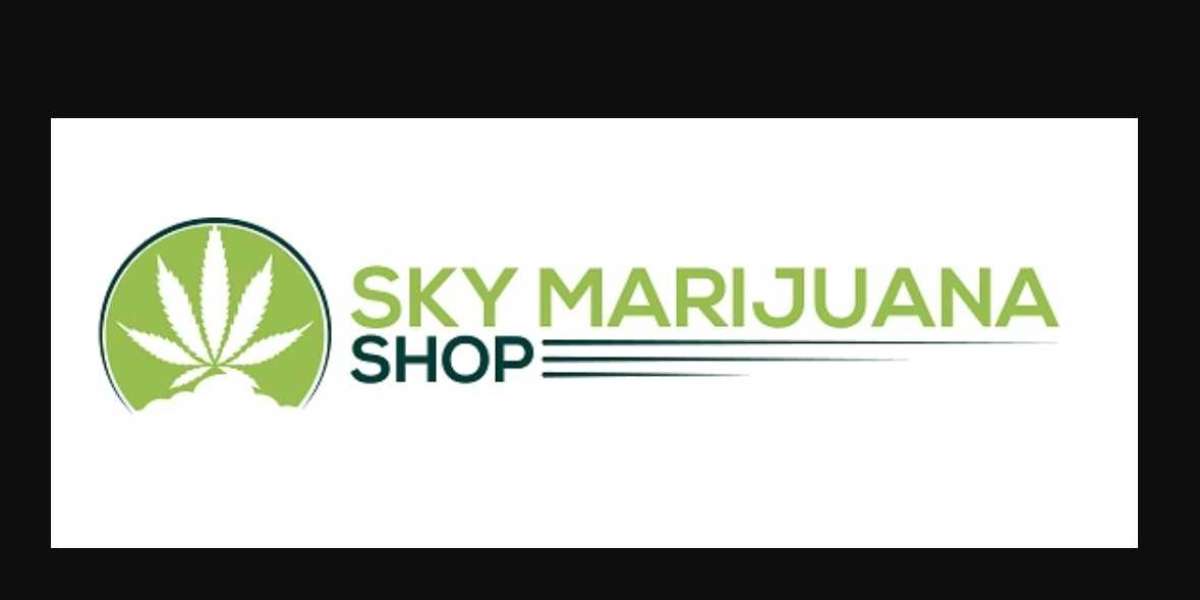In today's litigious society, businesses, especially those in the hospitality industry, face significant risks associated with serving alcohol. One of the most effective ways to mitigate these risks and protect your business from liability is through TIPS (Training for Intervention Procedures) certification. This comprehensive training program not only enhances customer satisfaction but also provides a robust defense against potential legal issues. Let's explore how TIPS certification can protect your business.
Understanding TIPS Certification
What is TIPS Certification?
TIPS certification is a training program designed to teach servers, sellers, and consumers of alcohol the skills needed to prevent intoxication, underage drinking, and drunk driving. By equipping employees with the knowledge and techniques necessary for responsible alcohol service, TIPS certification helps create a safer environment for both customers and staff.
Core Elements of TIPS Training
The TIPS training program covers various essential topics, including:
- Identifying signs of intoxication
- Techniques for refusing service
- Legal responsibilities and consequences of alcohol service
- Effective communication and intervention strategies
Reducing Legal Risks and Liability
Compliance with Local Laws
One of the primary benefits of TIPS certification is ensuring that your business complies with local, state, and federal alcohol regulations. This compliance is crucial for avoiding fines, sanctions, and potential closure. TIPS training educates your staff on the legal aspects of alcohol service, helping to keep your business on the right side of the law.
Preventing Alcohol-Related Incidents
By training employees to recognize and handle intoxicated patrons, TIPS certification reduces the likelihood of alcohol-related incidents such as fights, accidents, and alcohol poisoning. Fewer incidents mean a lower risk of liability for your business. In the unfortunate event that an incident does occur, having TIPS-certified staff demonstrates that your business took reasonable steps to prevent it, which can be a critical factor in legal proceedings.
Documented Proof of Training
TIPS certification provides documented proof that your employees have received professional training in responsible alcohol service. This documentation can be invaluable if your business is ever involved in a legal dispute. It shows that you have implemented industry best practices and have taken proactive measures to ensure the safety and well-being of your customers.
Enhancing Employee Confidence and Competence
Empowering Employees
Employees who undergo TIPS training gain confidence in their ability to handle challenging situations involving alcohol service. This empowerment leads to more competent and decisive actions, reducing the risk of errors that could lead to liability issues.
Consistent and Professional Service
TIPS certification ensures that all employees provide consistent and professional service. Consistency is key to maintaining high standards of safety and compliance. With TIPS training, your staff will know exactly how to respond to various scenarios, ensuring that they act in accordance with established protocols.
Building a Positive Reputation
Customer Trust and Loyalty
Customers are more likely to trust and return to businesses that demonstrate a commitment to responsible alcohol service. TIPS certification signals to your patrons that you prioritize their safety and well-being, building trust and fostering loyalty. A positive reputation can also lead to favorable word-of-mouth and online reviews, attracting more customers to your establishment.
Community Relations
By adhering to responsible alcohol service practices, your business can build stronger relationships with the local community and law enforcement. Being seen as a responsible and proactive business can lead to greater community support and potentially more lenient treatment from regulatory authorities in the event of minor infractions.
Financial Benefits
Lower Insurance Premiums
Many insurance companies offer lower premiums to businesses that have TIPS-certified staff. By reducing the risk of alcohol-related incidents, TIPS certification can make your business a less risky proposition for insurers. This can lead to significant savings on your insurance costs.
Avoiding Costly Legal Battles
Legal battles can be financially devastating for businesses. By preventing incidents that could lead to lawsuits, TIPS certification helps you avoid the high costs associated with legal defense, settlements, or judgments. Investing in TIPS training is a proactive way to protect your financial bottom line.
Case Studies: TIPS Certification in Action
Success Story 1: The Neighborhood Bar
A popular neighborhood bar decided to implement TIPS training for all its staff after a series of alcohol-related incidents resulted in fines and negative publicity. Within six months of implementing the program, the bar saw a dramatic decrease in such incidents. Employees felt more confident and capable in managing intoxicated patrons, and customer satisfaction improved. Most importantly, the bar avoids further fines and legal issues, demonstrating the effectiveness of TIPS certification in reducing liability.
Success Story 2: The Chain Restaurant
A national chain restaurant faced a lawsuit after an intoxicated patron causing a car accident shortly after leaving the establishment. During the trial, the restaurant was able to provide documentation that their staff had received TIPS training and had followed the proper procedures for handling intoxicated customers. The court acknowledged the restaurant's efforts to prevent the incident, which significantly reduced the damages awarded. This case highlights how TIPS certification can serve as a strong defense in legal disputes.
Steps to Implement TIPS Certification in Your Business
1. Assess Your Needs
Determine which TIPS program best fits your business. TIPS offers different programs for on-premise, off-premise, and concessions. Understanding your specific needs help will you choose the most appropriate training.
2. Schedule Training
Choose whether you prefer in-person training sessions or online courses. Online courses offer flexibility and convenience, allowing employees to complete training at their own pace.
3. Certify Your Staff
Ensure all relevant employees complete the training and pass the final exam to receive their TIPS certification . Keep records of all certifications for reference.
4. Monitor and Maintain Certification
TIPS certification is valid for three years. Establish a system to track certification expiration dates and schedule recertification as needed to ensure continuous compliance and safety.
Conclusion
TIPS certification is an invaluable tool for protecting your business from liability. By training your staff in responsible alcohol service, you can reduce the risk of alcohol-related incidents, ensure compliance with legal regulations, and build a positive reputation. The benefits of TIPS certification extend beyond liability protection, enhancing customer satisfaction, employee confidence, and financial stability. Investing in TIPS training is a proactive step that demonstrates your commitment to safety and responsibility, ultimately securing your business's future.
FAQs
What is the cost of TIPS certification?
The cost depends on the training method and program type, typically ranging from $40 to $80 per participant.
How long is TIPS certification valid?
TIPS certification is valid for three years, after which recertification is required to stay current with best practices.
Can TIPS certification be completed online?
Yes, TIPS certification can be completed online, providing flexibility and convenience for businesses and employees.
What types of TIPS programs are available?
TIPS offers various programs tailored to different settings, including on-premise (bars, restaurants), off-premise (liquor stores), and concessions (stadiums, arenas).
How does TIPS certification benefit my business?
TIPS certification reduces liability risks, ensures legal compliance, enhances customer satisfaction, builds employee confidence, and can lower insurance premiums.









